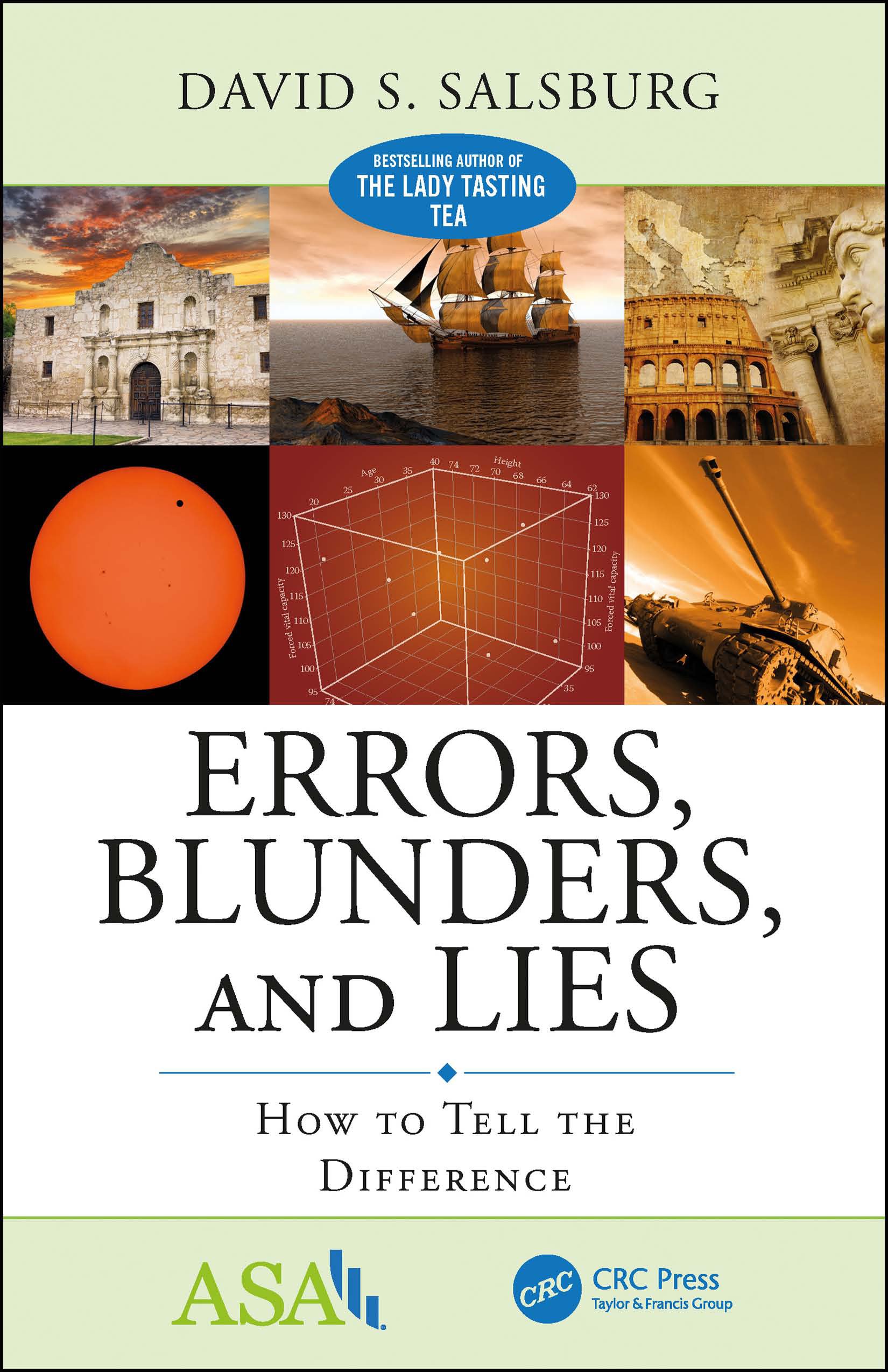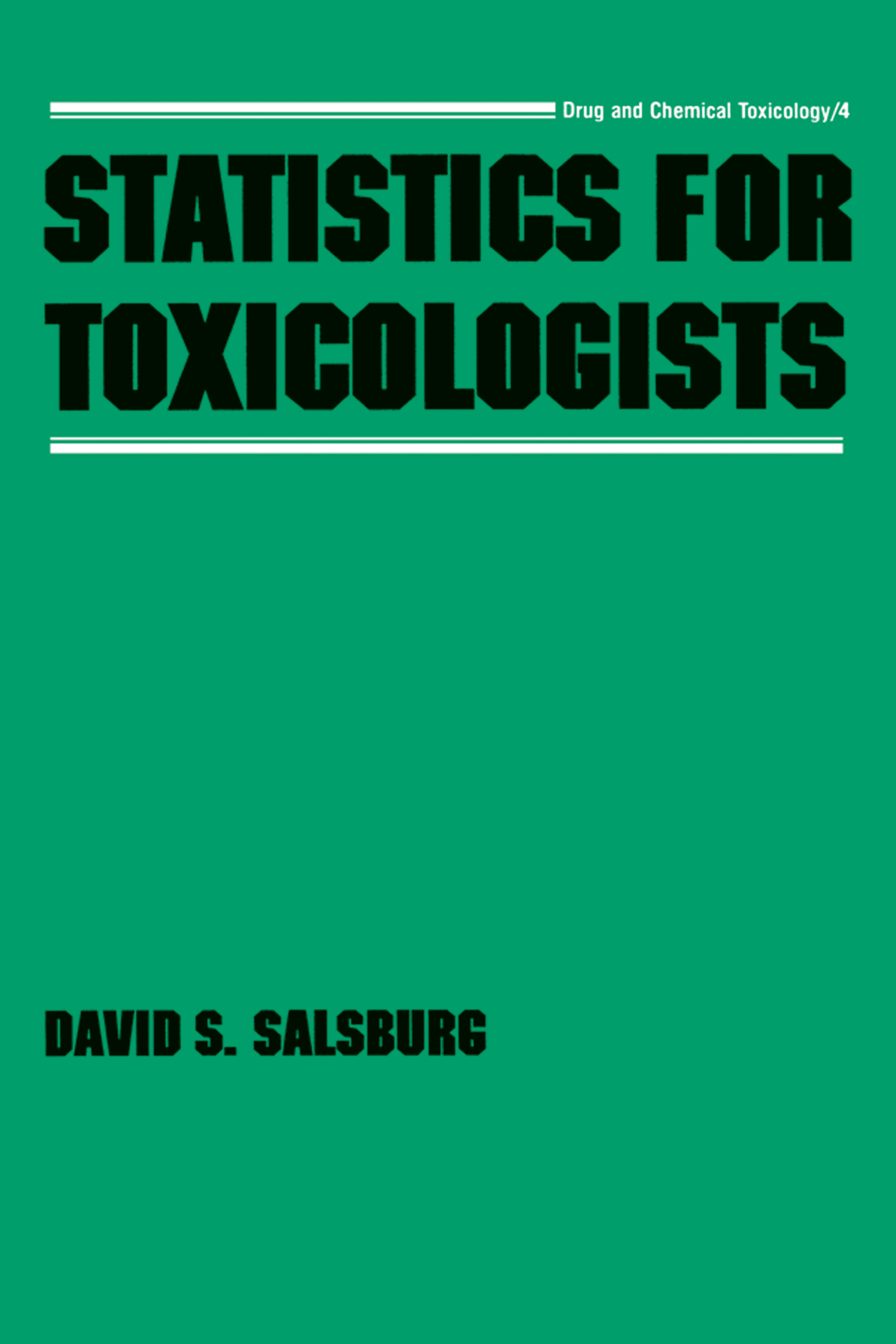David S. Salsburg
David Salsburg is the author of The Lady Tasting Tea: How Statistics Revolutionized Science in the Twentieth Century, a popular science book he wrote in retirement. It has appeared in hardcover and paperback, in Chinese, Korean, Japanese, and Portugu
... Read more
David Salsburg is the author of The Lady Tasting Tea: How Statistics Revolutionized Science in the Twentieth Century, a popular science book he wrote in retirement. It has appeared in hardcover and paperback, in Chinese, Korean, Japanese, and Portuguese editions. The paperback version is now in its eleventh printing. Since retiring in 1995, Salsburg has also taught at the Harvard School of Public Health and currently teaches one course a year at Yale University. He continues to publish academic articles.
Salsburg was the first statistician hired by Pfizer Central Research, Pfizer Inc. in 1968. During his years at Pfizer, he worked on 15 successful products and hundreds of unsuccessful ones, and rose to the top of the company’s scientific ladder. Salsburg occasionally taught courses at the University of Connecticut and at Connecticut College. His publication record includes more than 50 articles in refereed journals and three academic books. He was honored by being named a Fellow of the American Statistical Association, given a Lifetime Achievement Award from the Pharmaceutical Manufacturing and Research Association, and declared an outstanding alumnus from the University of Connecticut.
He graduated from the University of Pennsylvania with honors in 1952, and served as an officer in the U.S. Navy 1952-1955. In the five years after serving in the Navy, he tried his hand at business. Salsburg married his wife, Fran, in 1959 and, with her encouragement, went back to school for graduate studies. He received a Master of Science in mathematics from Trinity College, Hartford, and a PhD in mathematical statistics from the University of Connecticut in 1966. Degree in hand, he accepted a position as an assistant professor in the Statistics and Operations Research Department of the Wharton School, University of Pennsylvania.
Less





